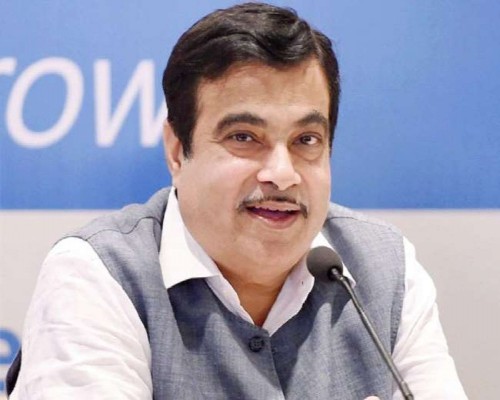India Urged to Implement Labor Codes: IMF Official

India Urged to Implement Labor Codes: IMF Official
Reduction in Import Tariffs Needed: Asia-Pacific Director Srinivasan
India is being encouraged to enforce labour codes, reduce import tariffs, and open its services trade to further enhance job creation and support sustained economic growth. These recommendations come from a senior International Monetary Fund (IMF) official.
In a recent interview with Times of India, Krishna Srinivasan, Asia-Pacific Director at IMF, emphasized the need for regulatory reforms. He also advised that central institutions like the Reserve Bank of India (RBI) should avoid excessive intervention in the foreign exchange market.
"Generally, a flexible exchange rate serves as a buffer against external economic shocks," said Srinivasan. India’s well-developed foreign exchange markets and strong foreign borrowing options provide favourable conditions for such flexibility. He noted that intervention should remain limited, as global economic conditions can affect domestic stability.
Srinivasan also discussed India's trade policies. “By adopting trade integration, India can boost exports and attract more foreign direct investment,” he stated, pointing to India's significant role in the global supply chain.
“Despite growth, India faces challenges in creating quality jobs,” he noted. A majority of jobs are self-employment based, with some positions reverting to agriculture. "India requires a job-rich growth strategy," he added.
He warned of potential economic repercussions due to rising import tariffs and restrictive investment policies targeting China. Tariff increases up to 75% can provoke retaliatory measures from countries like the U.S. and Mexico, further limiting trade prospects.
The IMF's latest economic outlook projects India’s GDP growth at 7% in 2024, with inflation at 6.5%, thanks to a robust economic base. However, labour market flexibility and reduced tariffs are essential for sustainable growth.
Srinivasan concluded by highlighting the IMF’s advice to maintain balanced fiscal policies, aiming for improved investment-led growth and steering the economy toward a more resilient future.























